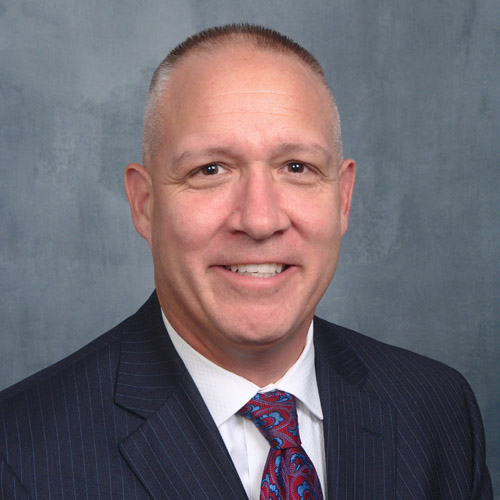AAFP: Ethics in Forensic Psychology
Presented by: Bob Stinson, PsyD, JD, ABPP
 This on-demand professional training program on Ethics in Forensic Psychology is presented by Bob Stinson, PsyD, ABPP, in partnership with The American Academy of Forensic Psychology.
This on-demand professional training program on Ethics in Forensic Psychology is presented by Bob Stinson, PsyD, ABPP, in partnership with The American Academy of Forensic Psychology.
The program begins with an overview of the distinctions between laws, rules, and ethics codes. With that in mind, decision-making models are presented that can be used in one’s practice when confronted with an ethical-legal dilemma. Following that, ten specific ethical standards and guidelines are addressed with a discussion of how each applies to forensic psychology and forensic psychologists. There is then a discussion around access to records and responding to subpoenas. Finally, the program concludes with concrete suggestions for how forensic psychologists can stay abreast of changes in the field of psychology, ethics, and the law.
Upon completion of this training, participants will be able to:
Key topics covered in this training include:
Decision-making models
Ten specific ethics standards & guidelines
A discussion of how standards & guidelines apply to forensic psychology and forensic psychologists
A discussion around access to records and responding to subpoenas
Concrete suggestions for how forensic psychologists can stay abreast of changes in the field of psychology, ethics, and the law

We are proud to partner with the American Academy of Forensic Psychology (AAFP) for this training. AAFP is a non-profit organization of board-certified forensic psychologists whose mission is to contribute to the development and maintenance of forensic psychology as a specialized field of study, research, and practice. The Academy does this by providing high-quality continuing education workshops, providing a forum for the exchange of scientific information among its members, and conferring awards upon outstanding students and practitioners in the field of forensic psychology.
Palo Alto University, Continuing & Professional Studies (CONCEPT) is approved by, recognized by, or maintains sponsorship provider status with the following boards and agencies. We maintain responsibility for all content in our CE/CPD programs. For more information, visit here.
American Psychological Association (APA): Approved sponsor of continuing education for psychologists.
Association of Social Work Boards (ASWB): Approved continuing education provider (ACE program, Provider #1480), 11/22/2023–11/22/2026.
Canadian Psychological Association (CPA): Approved to sponsor continuing education for psychologists.
National Board for Certified Counselors (NBCC): Approved Continuing Education Provider (ACEP No. 7190).
Palo Alto University, Continuing and Professional Studies (CONCEPT) is approved by the American Psychological Association to sponsor continuing education for psychologists. Palo Alto University, Continuing and Professional Studies (CONCEPT) maintains responsibility for this program and its content. Palo Alto University, Continuing and Professional Studies (CONCEPT), is approved by the Canadian Psychological Association to offer continuing education for psychologists. Palo Alto University, Continuing and Professional Studies (CONCEPT), SW CPE is recognized by the New York State Education Department’s State Board for Social Work as an approved provider of continuing education for licensed social workers #SW-0356 and the New York State Education Department’s State Board for Mental Health Practitioners as an approved provider of continuing education for licensed mental health counselors. #MHC-0073. Palo Alto University, Continuing and Professional Studies (CONCEPT) has been approved by NBCC as an Approved Continuing Education Provider, ACEP No. 6811. Programs that do not qualify for NBCC credit are clearly identified. CONCEPT Professional Training, #1480, is approved to offer social work continuing education by the Association of Social Work Boards (ASWB) Approved Continuing Education (ACE) program. Organizations, not individual courses, are approved as ACE providers. State and provincial regulatory boards have the final authority to determine whether an individual course may be accepted for continuing education credit. CONCEPT Professional Training maintains responsibility for this course. ACE provider approval period: 11/22/23-11/22/26. Social workers completing this course receive (clinical or social work ethics) continuing education credits.